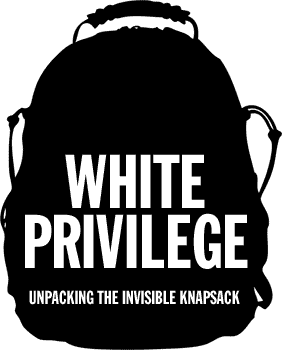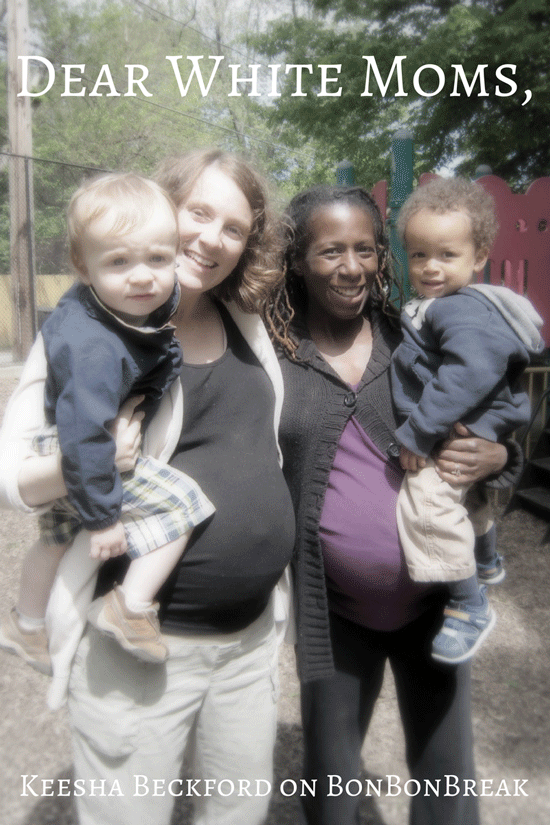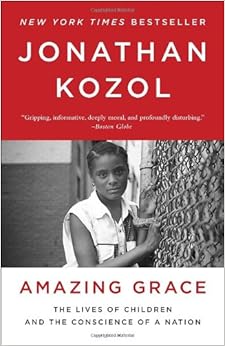When I initially read “Aria” I
thought that Richard Rodriguez was promoting bilingual education and that it
would have brought much more success in his early years of schooling. However,
after doing some researching on his work I found that Rodriguez’s main argument
was to show that bilingual education could actually become a disadvantage to a
child by hindering them from obtaining a public identity in society.
Rodriguez came from a Mexican
immigrant family that only spoke the Spanish language until it came time for
him to begin school. Most bilingual
educators would condone the fact that Rodriguez was fluently taught his family’s language. But Rodriguez feels this was a
major set back for learning the English language in school – “I would have delayed-for
how long postponed?- having to learn the language of public society. I would
have evaded-and for how long could I have afforded to delay?- learning the
great lesson of school, that I had a public identity” (34). Rodriguez believed that Spanish was
considered a private language because it was only used in his home life and
could not be used when in school. Just as Lisa Delpit says, “There
are codes or rules for participating in power”. He understood that the rules and codes of power that were to be valued in the classroom revolved mainly around English and would be the only way to establish a public identity. In Rodriguez’s eyes he figures
that because Spanish wouldn’t be the dominant language spoken in a classroom
then why do they need to be taught it. It is not that Rodriguez wants to lose his cultural identity completely
but he recognizes that he lives in an English community so the English language
was the only to feel “publicly confident” (36).
After struggling for some time to
find where he belonged Rodriguez felt "the belief, the calming assurance that I belonged in public, had at least taken hold" (36). He now viewed himself as an American citizen. However, his Spanish culture had somewhat been put on a back burner. He noticed that a language barrier had been put between his parents and he and his siblings. It grew very hard for them to have detailed conversations because they were now so accustomed to speaking in the English language. It became hard for Rodriguez and his siblings to revert back to their customs.
I think that if Rodriguez were taught to speak fluently in both Spanish and English from the start of his childhood, he would have never felt like a "socially disadvantaged child" (34). Just as Rodriguez says in the beginning of his essay, he would have been like other children of the "upper-middle class" and would have viewed Spanish as another public language. Then Rodriguez would have been able to accept both languages rather than push his culture to the side.





